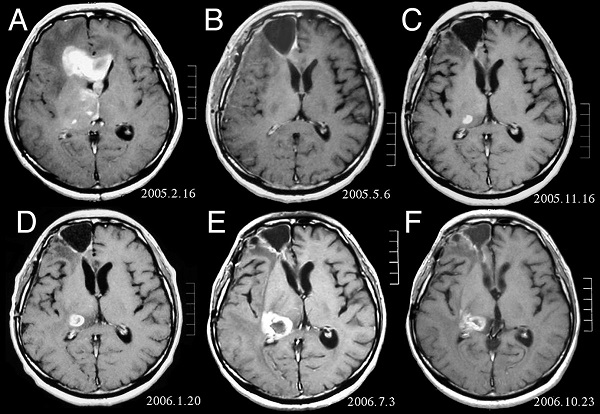American researchers have discovered a new type of malaria vaccine based on proteins found in the blood of children that could help prevent multiplication of malaria parasites inside the body.
The study published in the US journal Science on Thursday reported that PfSEA-1, the protein whose presence outgrowths the body’s formation of antibodies and was associated to a reduced level of parasites in a number of children and adults in regions of Africa where malaria is endemic.
Malaria is a disease spread through mosquito bites. Symptoms usually appear within in 7-30 days but can take up to one year to develop. Symptoms include high fevers, shaking chills, and flu-like illness. Without treatment, malaria can cause severe illness and even death.
The disease kills more than 600,000 people each year, particularly young children in sub-Saharan Africa.
Tests on laboratory mice showed decreased levels of parasites in their blood.
The study was based on blood samples from two-year-old Tanzanian children who were either resistant or prone to malaria.
Scientists vaccinated five groups of mice and in addition they also measured the level of antibodies in plasma samples from 453 Tanzanian children and no cases were detected of serious malaria where a detectable level of PfSEA-1 antibodies was present in the blood.
The new PfSEA-1 vaccine works by trapping malaria parasites inside infected red blood cells so that they cannot emerge to infect other red blood cells and so complete their complicated life cycle, said Jonathan Kurtis at Rhode Island Hospital in the US.
“It turns out that antibodies to this protein prevent the schizont [a stage in the malaria lifecycle] from getting out of the red cell. We trap the parasite inside the red cell,” Dr Kurtis said.
“Most vaccine candidates for malaria have worked by trying to prevent parasites from entering red blood cells; we’ve taken a different approach. We’re sort of trapping the parasite in the burning house,” he said.
Professor Mike Blackman, a malaria researcher at the National Institute for Medical Research in north London said: “The study is quite an important step forward and potentially raises the prospect of this becoming a vaccine candidate and combining it with other vaccine candidates… but they still have a long way to go.”










